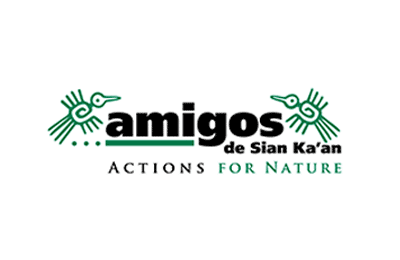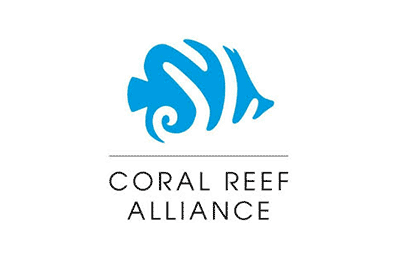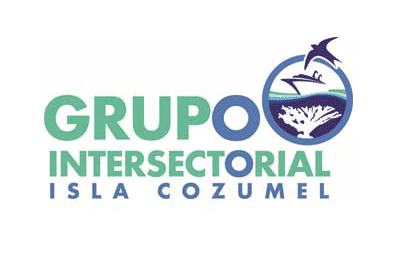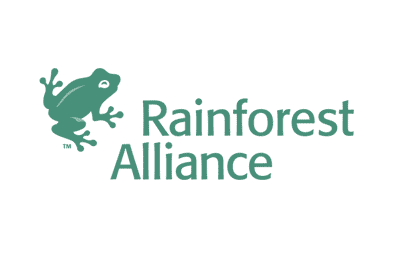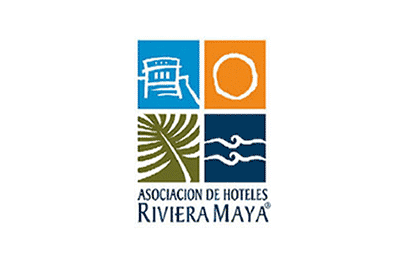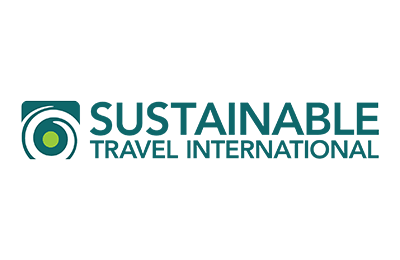MARTI helped communities expand access to wastewater treatment and education in Quintana Roo, Mexico, and Roatán, Honduras. The program provided residents with wastewater treatment hookups and educated thousands of children about the importance of proper water treatment. By providing locals with a way to treat their dirty water, MARTI successfully prevented hundreds of gallons of wastewater from polluting fragile coral reefs and vital sources of freshwater.
One of the main threats to the Mesoamerican Reef is pollution from wastewater. In the Caribbean, 85% of wastewater is discharged untreated into the sea, according to the United Nations Environment Programme (UNEP). This water is loaded with contaminants and nutrients that, among other factors, cause algal blooms that compete with corals for space, oxygen, and light. In excess, they can reduce coral reproduction and cause its death.
Our Role
MARTI is working diligently, through its partners, with local authorities, community groups, and the tourism industry in Quintana Roo, Mexico, and on the island of Roatán, Honduras, to reduce the amount of untreated wastewater that ends up on the reef.
“In Quintana Roo, all water sources are underground, very little known and highly vulnerable to pollution from inefficient wastewater treatment plants,” explained Gonzalo Merediz, executive director of MARTI’s partner Asociación Amigos de Sian Ka’an (ASK). ASK mapped these underground aquifers, using satellite technology, and collected data that has been key to increasing awareness and convincing local authorities to develop stricter policies for sanitation and water conservation.
In 2012, ASK and the Riviera Maya Hotel Association (Spanish acronym AHRM) also assessed the performance of treatment plants in a sample of 19 hotels and found that 70% were operating inadequately. In response, they trained plant operators at the hotels and, with help from the Potable Water and Sewer Commission (Spanish acronym CAPA), created a public manual for the correct operation of water treatment plants.
In the municipality of Tulum, ASK promoted the connection of households to the local water treatment plant, which has been working at only 3% of its capacity. Thanks to this project, more than 200 households have connected, and more will connect until the plant is operating at 100% capacity. This effort will be replicated in Playa del Carmen, where 3,000 houses could benefit.
ASK and the Cozumel Island Intersectoral Group (Spanish acronym GI) are also supporting the campaign “You are water, become aware!”
“The campaign will last from four to six months and statewide it will disseminate messages in print and on radio and television to raise awareness about the importance of our aquifers, the reefs and the relationship that consumption behavior has on the health of these ecosystems,” said Javier Pizaña, president of the GI.
In Cozumel, GI has trained 1,800 students from five schools on water conservation. Students attend the Water Culture Space (Spanish acronym ECA), a special room where they learn interactively and through play. The goal is to train 2,800 students, 78% of the island total.
In addition, ASK established the first local fund to pay for environmental services related to water. The fund covers two plots in Benito Juárez (one is an ejidal (common area) and one is private), which total 400 hectares, and it is being financed with donations from guests at various hotels, as well as with funds from The Nature Conservancy and the National Forestry Commission (CONAFOR).
In Roatán, support from MARTI through the Coral Reef Alliance has been instrumental in getting nearly 70% of households (more than 200) in West End, one of the most commercial areas on the island, to connect to the local wastewater treatment plant.
“MARTI is funding water quality monitoring for the reef, which is our key tool for convincing local authorities to promote wastewater treatment,” said Giselle Brady, technical coordinator of the Bay Island Conservation Association.
Before inaugurating the plant in 2012, all houses and businesses discharged their water into old septic tanks. “This was an urgent need because tourism continues to grow and this is increasing the impact of untreated wastewater on the main source of income for the entire island,” explained Ian Drysdale, coordinator in Honduras of Healthy Reefs for Healthy People.
The lack of resources to create infrastructure has delayed connecting 100% of households. However, organizations such as MARFUND and the state entity Tourist Free Zone (Spanish acronym ZOLITUR) has donated funds to expand coverage. MARTI will continue to support water monitoring to measure the impact of connecting these households to the treatment plant.
Location

Destination: Mexico, Honduras

Region: Mesoamerican Reef
Dates
2012 – 2018
Program
This project was part of the MesoAmerican Reef Tourism Initiative (MARTI), a collaborative program that engaged the tourism industry in protecting the health of the Mesoamerican Reef while generating community benefits. Sustainable Travel International was a founding partner of MARTI and the initiative’s secretariat.
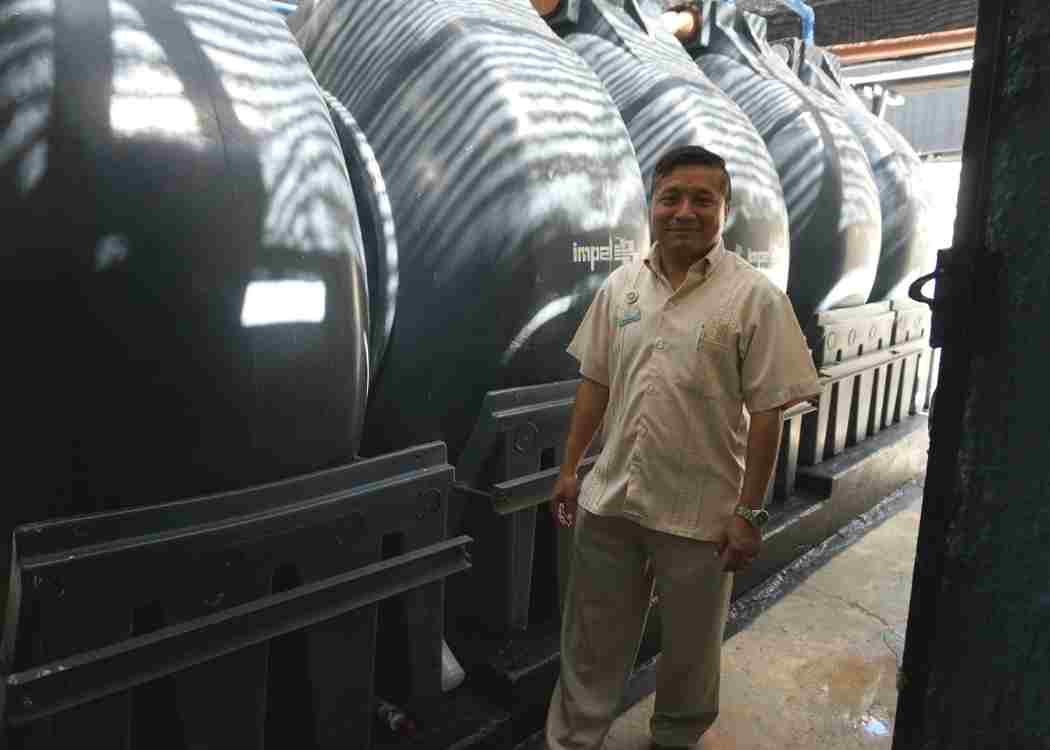
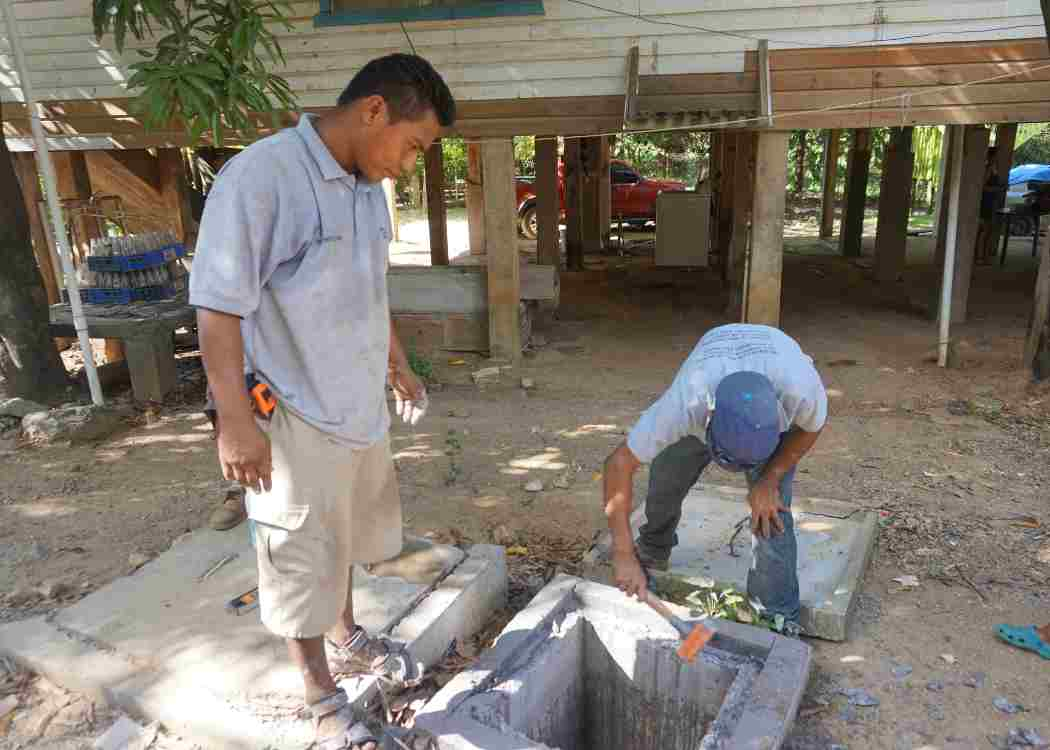
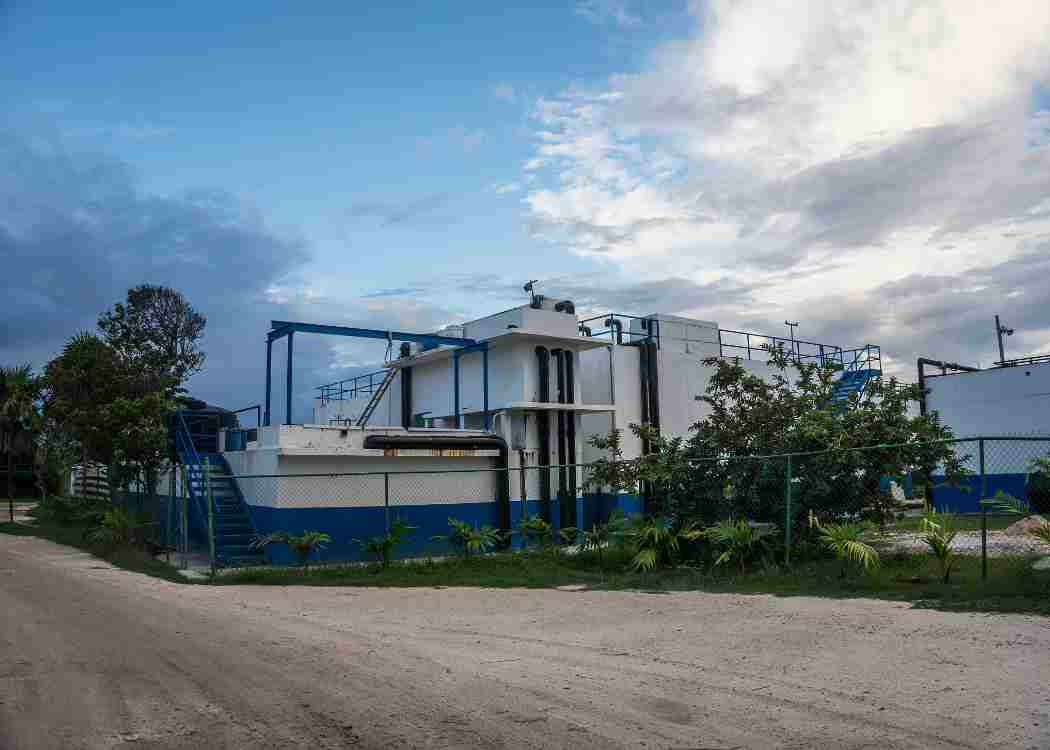
News & Stories
Protect the Places You Love
Help conserve our planet’s most vulnerable destinations and empower the people who live there.



